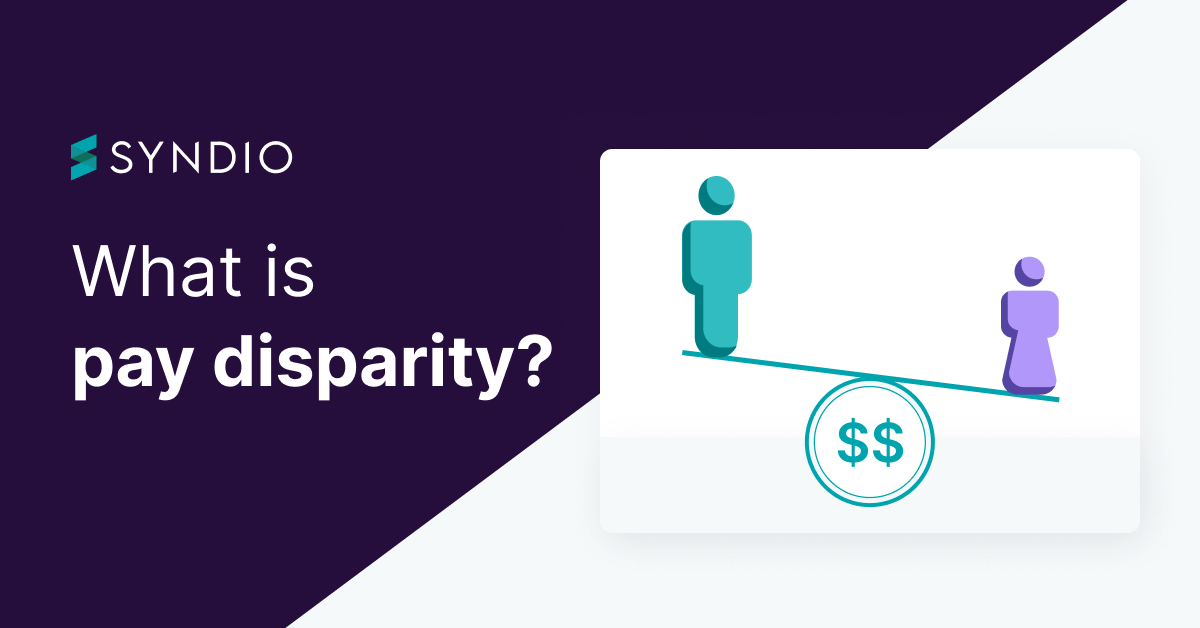Understanding the Evolving Compensation Trends
The year 2024 has witnessed a dynamic shift in salary trends across various industries.1 As organizations grapple with economic uncertainties and the evolving job market, understanding the current compensation landscape becomes crucial for both employers and employees. This article delves into the key findings of recent salary surveys, highlighting the factors influencing salary expectations and offering insights into future trends.
Key Findings from 2024 Salary Surveys
- Inflationary Pressures: Rising inflation rates have significantly impacted salary expectations.2 Employees are seeking higher compensation to offset the increasing cost of living.
- Remote Work and Location: Remote work has become a prominent trend, leading to adjustments in compensation packages.3 Employers are considering factors like location, cost of living, and productivity to determine salary levels.
- Skill Premiums: In-demand skills such as data science, artificial intelligence, and cybersecurity are commanding premium salaries. Organizations are willing to invest in talent with these specialized skills.
- Diversity and Equity: There is a growing emphasis on fair compensation practices, with organizations striving to eliminate pay gaps based on gender, race, or ethnicity.4
- Employee Benefits: Beyond base salaries, employees are prioritizing comprehensive benefits packages, including health insurance, retirement plans, and flexible work arrangements.
Factors Influencing Salary Expectations
Several factors contribute to the formation of salary expectations:
- Job Role and Experience: The specific job role, level of experience, and industry standards play a significant role in determining salary ranges.5
- Performance and Productivity: Outstanding performance and contributions to organizational goals can lead to higher compensation and bonuses.6
- Negotiation Skills: Effective negotiation skills can empower employees to secure better salary offers.7
- Market Demand: High demand for certain skills or expertise can drive up salary expectations.8
- Cost of Living: The cost of living in a particular region can influence salary requirements.9
Future Trends in Salary Expectations
As we look ahead, several trends are likely to shape the future of salary expectations:
- Continued Remote Work: Remote work is expected to remain a popular option, leading to more flexible compensation models.10
- Focus on Upskilling and Reskilling: Organizations will invest in employee development to enhance their skills and adapt to evolving industry needs.
- Emphasis on Employee Experience: A positive employee experience, including fair compensation and benefits, will be crucial for attracting and retaining top talent.
- Increased Use of AI and Automation: While AI and automation may impact certain job roles, they are also creating new opportunities and driving demand for specialized skills.11
Conclusion
The 2023 salary landscape is marked by a complex interplay of factors, including inflation, remote work, skill premiums, and diversity and equity. By understanding these trends and leveraging negotiation skills, employees can position themselves for competitive compensation. Employers, on the other hand, must adapt to the evolving market dynamics and offer competitive salary packages to attract and retain top talent.12
[Insert relevant data and statistics from salary surveys]
[Include quotes from industry experts or HR professionals]
[Provide actionable tips for employees and employers to navigate the salary landscape]
By staying informed and taking proactive steps, individuals can optimize their earning potential and organizations can build strong, motivated workforces.




